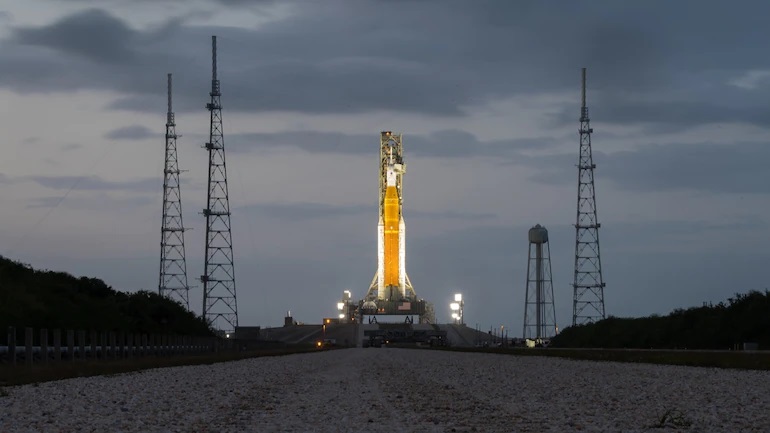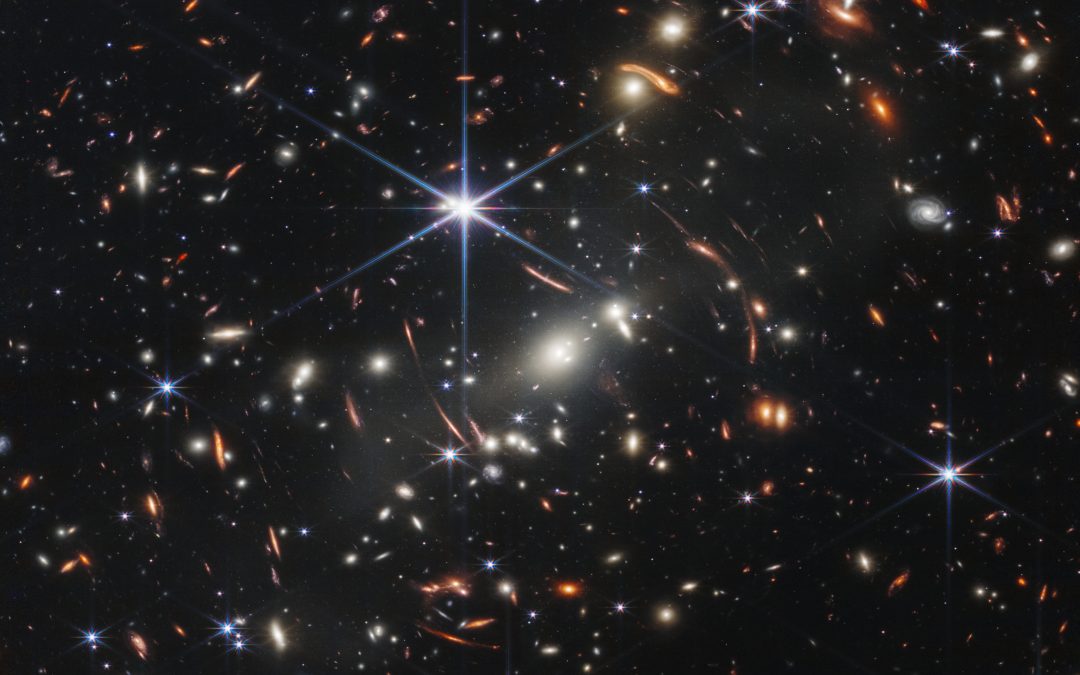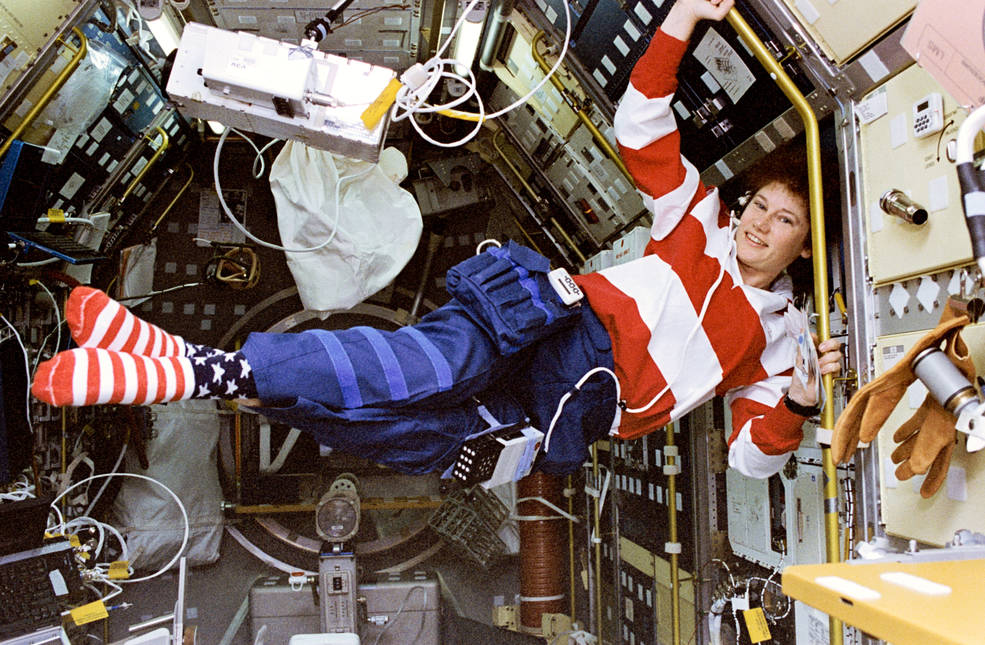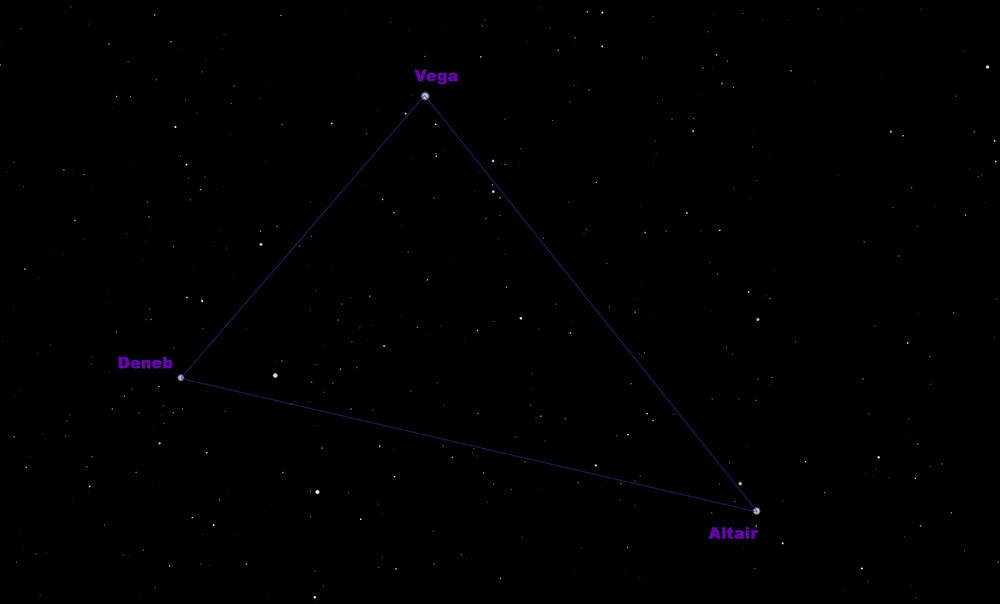On the day that we’re recording this, NASA’s Space Launch System is about to blast off. But everyone is expecting it’ll be delayed to October. When it does launch, it’ll be the most powerful rocket on Earth. Well, until Starship blasts off. Are we about to see the end of single-use rockets and enter the era of reusable rocketry?











